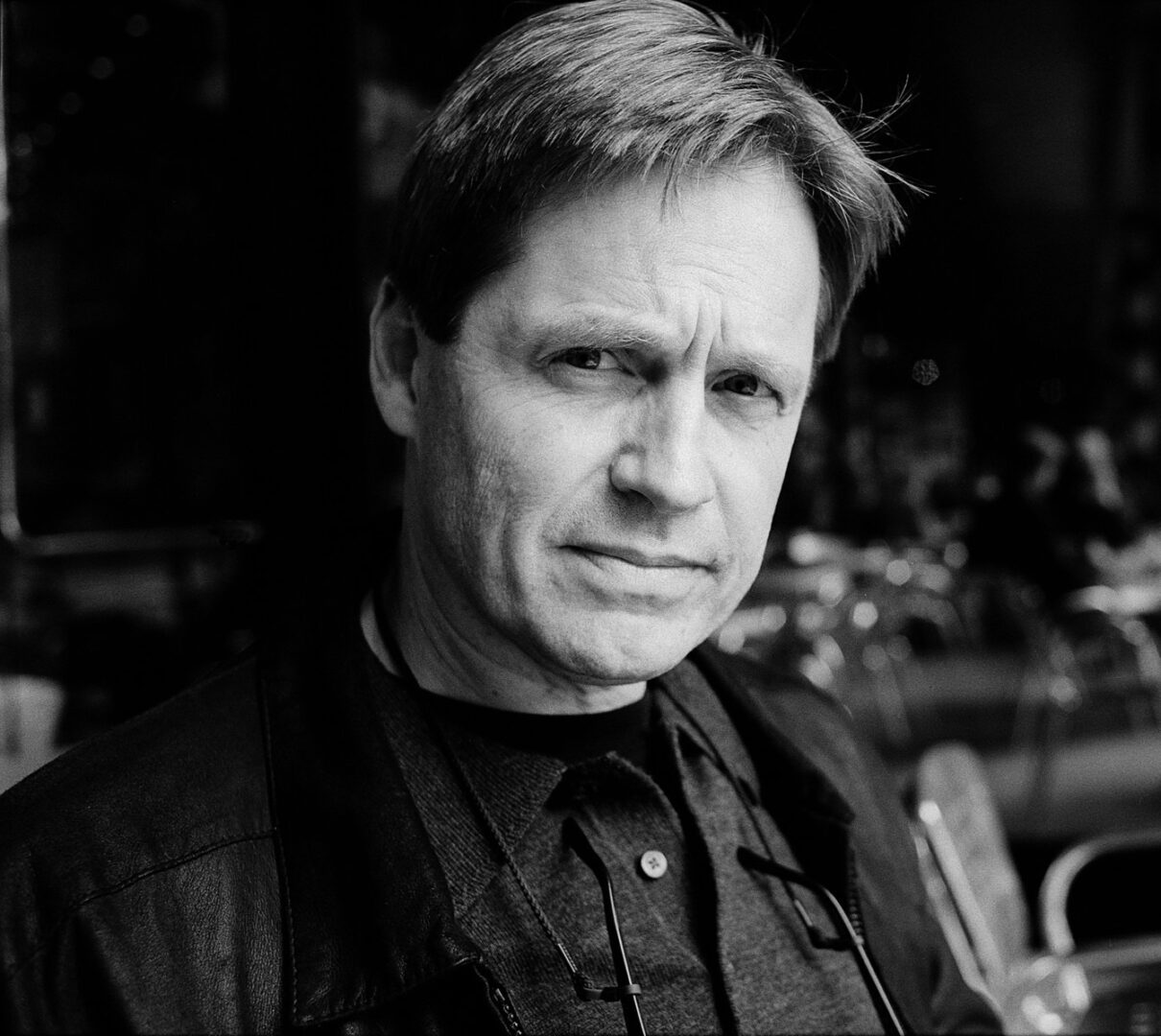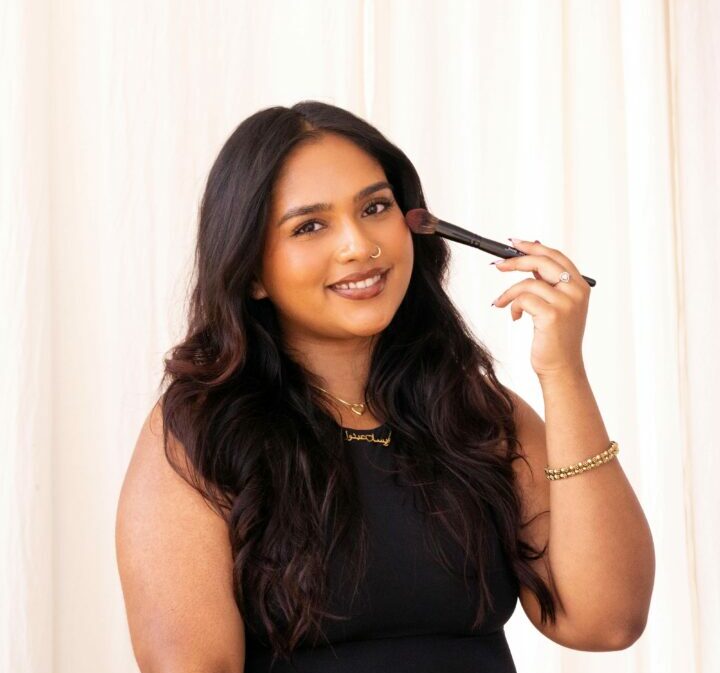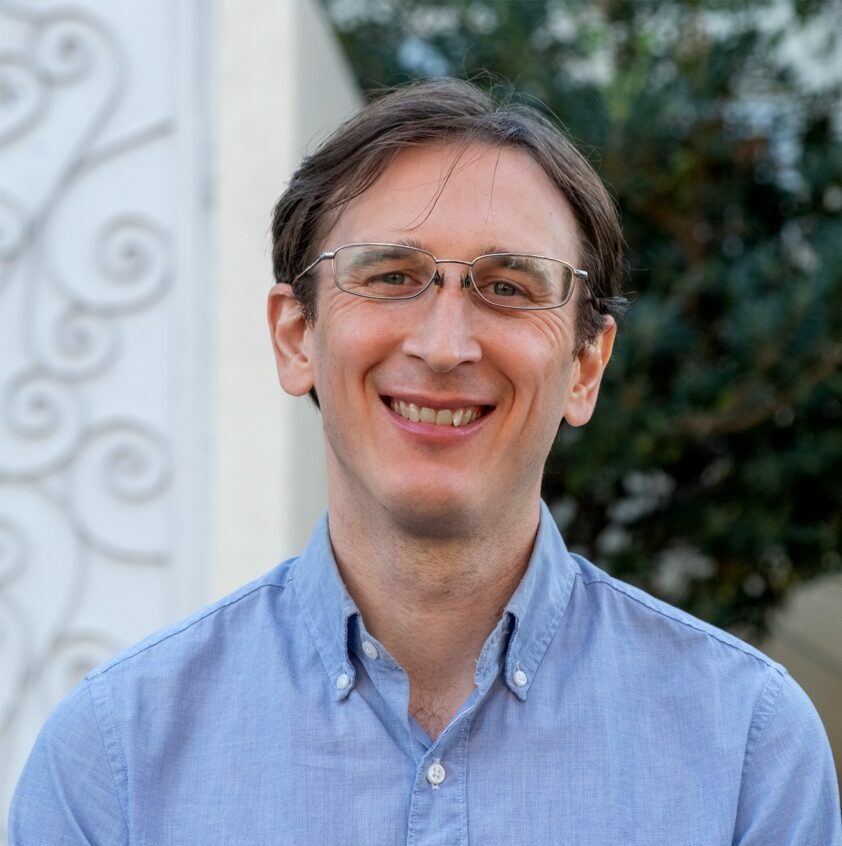We caught up with the brilliant and insightful Dwight Holing a few weeks ago and have shared our conversation below.
Hi Dwight, appreciate you sitting with us today to share your wisdom with our readers. So, let’s start with resilience – where do you get your resilience from?
Two words with a number between them is one source of my resilience—Type 1 diabetes. In the spring of ’71, I was lying in a hospital bed in Laguna Beach when a doctor gave me the news. He handed me a syringe filled with water, tossed me an orange, and said, “Here, kid, practice on this. You’re going to have to give yourself insulin shots the rest of your life.”
While his bedside manner was questionable, his diagnosis wasn’t, and it rocked me harder than the bands playing back then. Fortunately, my sister came to my rescue. She’d been living with Type 1 for years. Without sugarcoating it (sorry, T1D joke there), she told me denial wasn’t a river in Egypt and if I took that path I’d end up in the same place as the pharaohs without a pyramid to show for it. The choice was clear: learn to control my diabetes so it wouldn’t control me.
I also rely on another source of inner strength which helps me power through the ups and downs of living with a chronic disease: the quest to fulfill my childhood dream of becoming a storyteller.
The combination has sustained me throughout my life, both as a writer and husband and father. I never let diabetes stop me from taking on assignments as a freelance journalist covering environmental issues, outdoor adventure travel, and natural history. I’ve packed my insulin and medical devices on backcountry treks in Alaska and the Andes, river rafting in Sumatra, and searching for endangered wildlife in Africa, India, and the Amazon. It also gave me the confidence to tame doubt and write award-winning short stories and novels, including a bestselling nine-book-and-counting mystery series.
I’ve learned that resilience can come from many things as long as you’re open to it, and for me, it makes life all the sweeter.

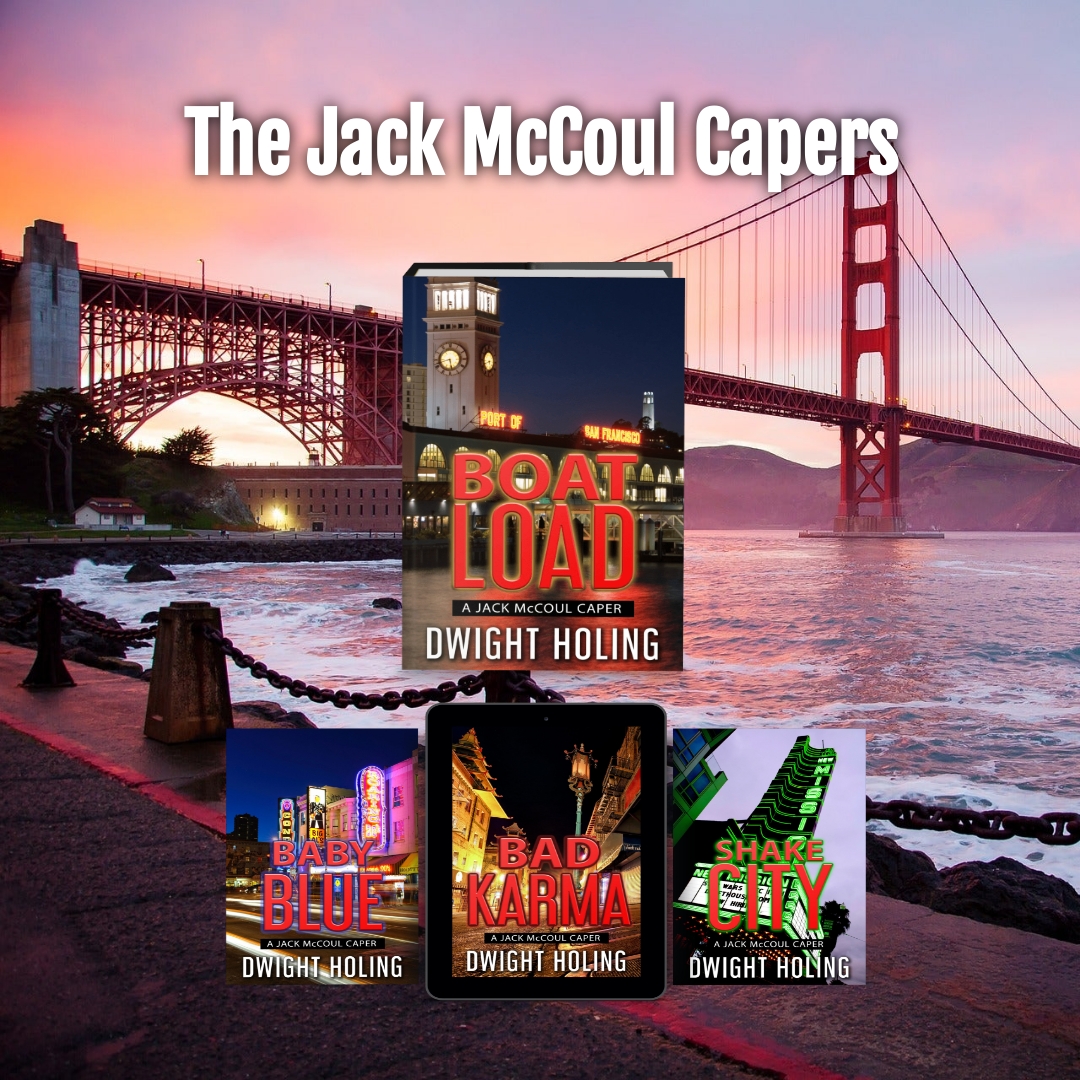
Thanks for sharing that. So, before we get any further into our conversation, can you tell our readers a bit about yourself and what you’re working on?
I spent my college summers working the salmon fishery in Alaska. At the end of the season, I explored the backcountry before returning to school. It whetted my appetite for outdoor adventure. After earning my degree in journalism from the University of Oregon, I became a freelance travel writer for newspapers and magazines.
As much as I enjoyed adventuring, what captivated me more were the stories behind the stories—the natural history of the exotic places I visited, the plight of the wildlife that lived there, the threats posed by environmental degradation, and the people dedicating their lives to right wrongs and make a difference. Those became the focus of my writing. I covered the illegal orangutan trade in Indonesia, the fight to save gray whales threatened by a proposed salt factory in Mexico, the loss of rainforests from slash and burn practices, and the race to protect endangered species from extinction. Feature articles in magazines led to writing and editing books on wildlife and wild places around the globe. My publishers included Smithsonian Books, Time-Life, and Animal Planet.
Then I switched gears and began writing short stories that were published in literary journals and picked up awards along the way, including the Arts & Letters Prize for Fiction. Two short story collections later, I moved on to novels and wrote the Jack McCoul Capers, a four-book mystery series featuring a recovering San Francisco con artist who uses his skills to solve crimes.
Chiseled on a tablet somewhere is the maxim “Write about what you know.” I’d add to that “Write about what you want to know.” I reached back to my reporting on the environment and outdoor adventure days and launched a new series of crime fiction novels starring a gritty, real, and straight from the heart US Fish and Wildlife ranger named Nick Drake who patrols the High Lonesome of Eastern Oregon. I released the ninth book in the collection in April 2025.
I’m of the mind that “whydunits” can be as entertaining and thrilling as “whodunits.” Characters are the main drivers of my stories. Revealing their deeds, traits, loves, and hates over the course of a novel builds suspense and drives action. When it comes to my series, I make sure the recurring characters keep growing from book to book. Their journeys make for a richer, deeper read while each installment provides readers with more than the exhilaration of a chase; they give them something new to learn about themselves, human behavior, and the natural world.
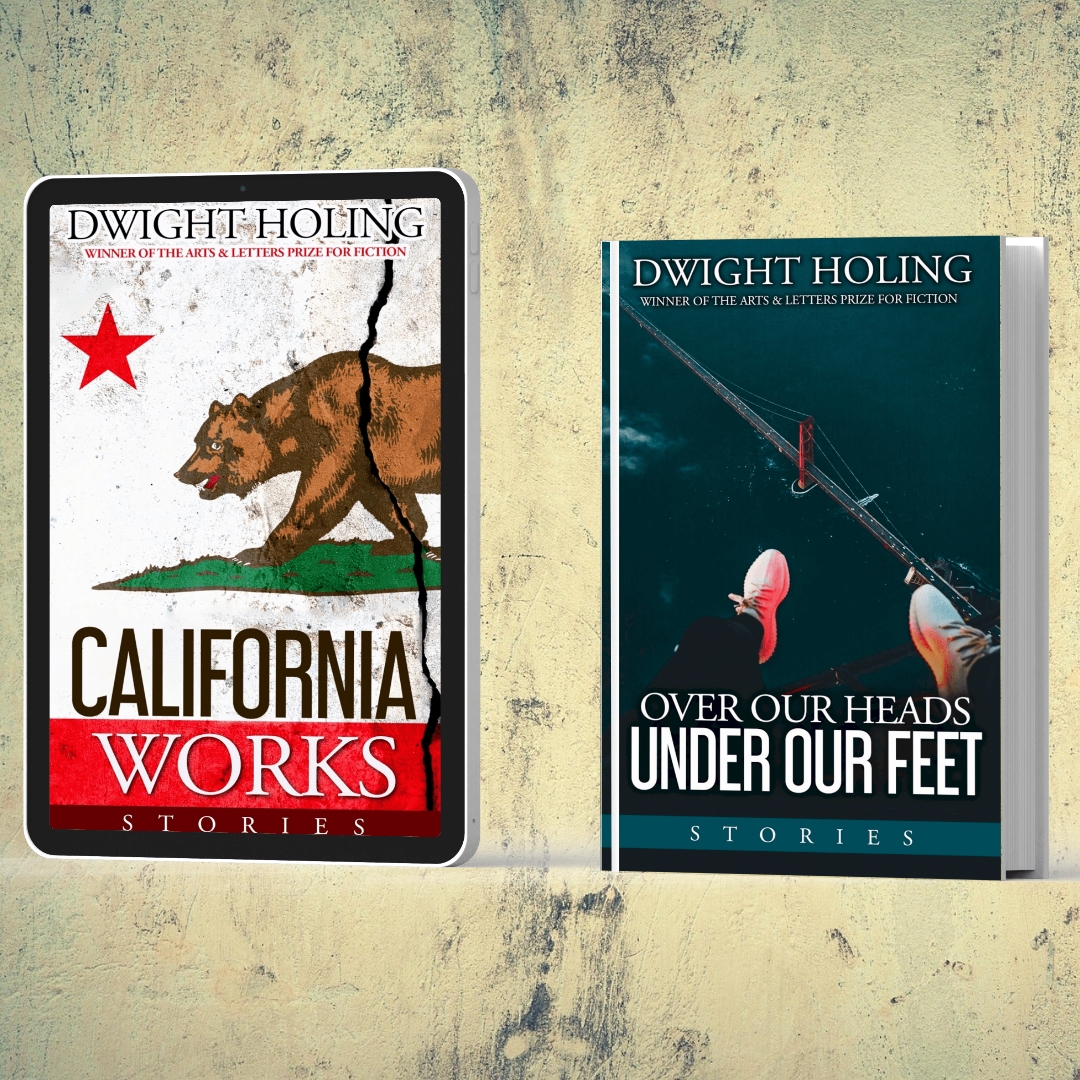
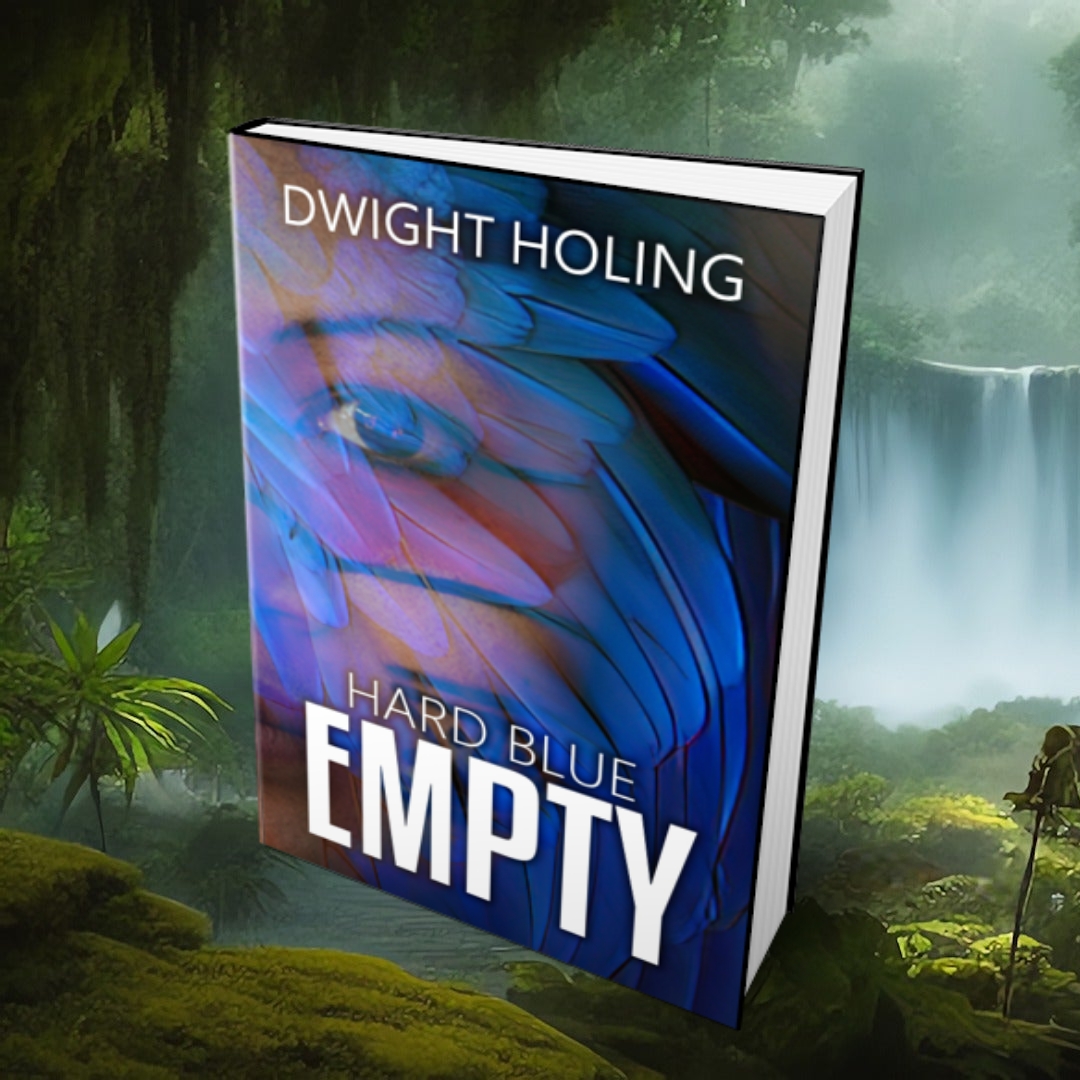
Looking back, what do you think were the three qualities, skills, or areas of knowledge that were most impactful in your journey? What advice do you have for folks who are early in their journey in terms of how they can best develop or improve on these?
Curiosity is number one. It is the genesis of creativity. I developed a love of books early on. My parents were voracious readers and we were the equivalent of frequent flyers at the local library. Our love of the written word came from my grandfather who penned romantic comedies and serial mysteries for Saturday Evening Post back when weekly print magazines were as eagerly devoured as binge-worthy TV series streaming today. Later, he turned his tales into screenplays and worked alongside Billy Wilder and Raymond Chandler.
Books opened the doors to a world beyond my own and sparked an insatiable curiosity which made me want to travel. I didn’t just want to sightsee, I wanted to experience different ways of life, learn about different cultures, and meet people whose backgrounds were very different than my own. Curiosity fueled both my personal and professional growth as I charted a career as a writer.
My advice is to give your curiosity free rein. Let it take you to new places, new experiences, and new discoveries. They can be as close as around the corner or as far away as the other side of the world. It doesn’t matter. What does is being courageous enough to be curious enough to open your mind as well as your heart.
Storytelling goes hand in hand with curiosity. Whether it’s writing magazine articles and novels like I do or creating a blog or talking with your friends, family, and neighbors on the phone, online, or even over the backyard fence, we’re all storytellers at heart. It’s what distinguishes us as a species. I wrote my first story in third grade. It was called ‘Bloody Murder’ and I used red ink for the title. The teacher gave it an F, but not all was lost. I learned my first lesson in irony; she used red ink to mark the grade.
A piece of advice I received early on still holds true no matter if you’re telling a story about an imaginary world or your business or creating art or making a film. Tell your story the way you see it in your own voice. Be yourself. Imitation flat-out doesn’t work.
Giving back also made me a better storyteller. I found that Oscar Wilde got it wrong. Good deeds do go unpunished. In fact, they not only help the people you’re helping, they help you in multiple ways.
Case in point. Decades ago I stared volunteering for a local chapter of the American Diabetes Association. Admittedly, I had a vested interest in helping raise funds for medical research aimed at improving treatments and, ultimately, finding a cure. But what I soon discovered was a community of people with professions and backgrounds different than my own. Being around them expanded my knowledge and increased my skill set. I was getting so many benefits from it, I signed on as a member of the national board of directors and eventually became its Chair.
My advice about giving back? Just do it. It’ll broaden you in more ways than you can count while you’re helping others grow too.
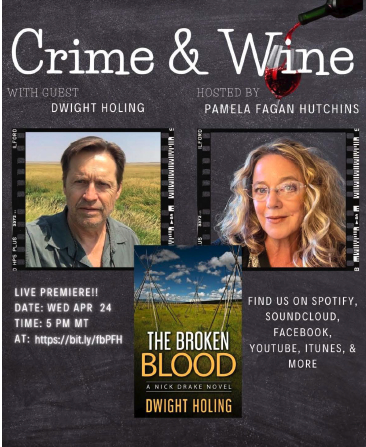
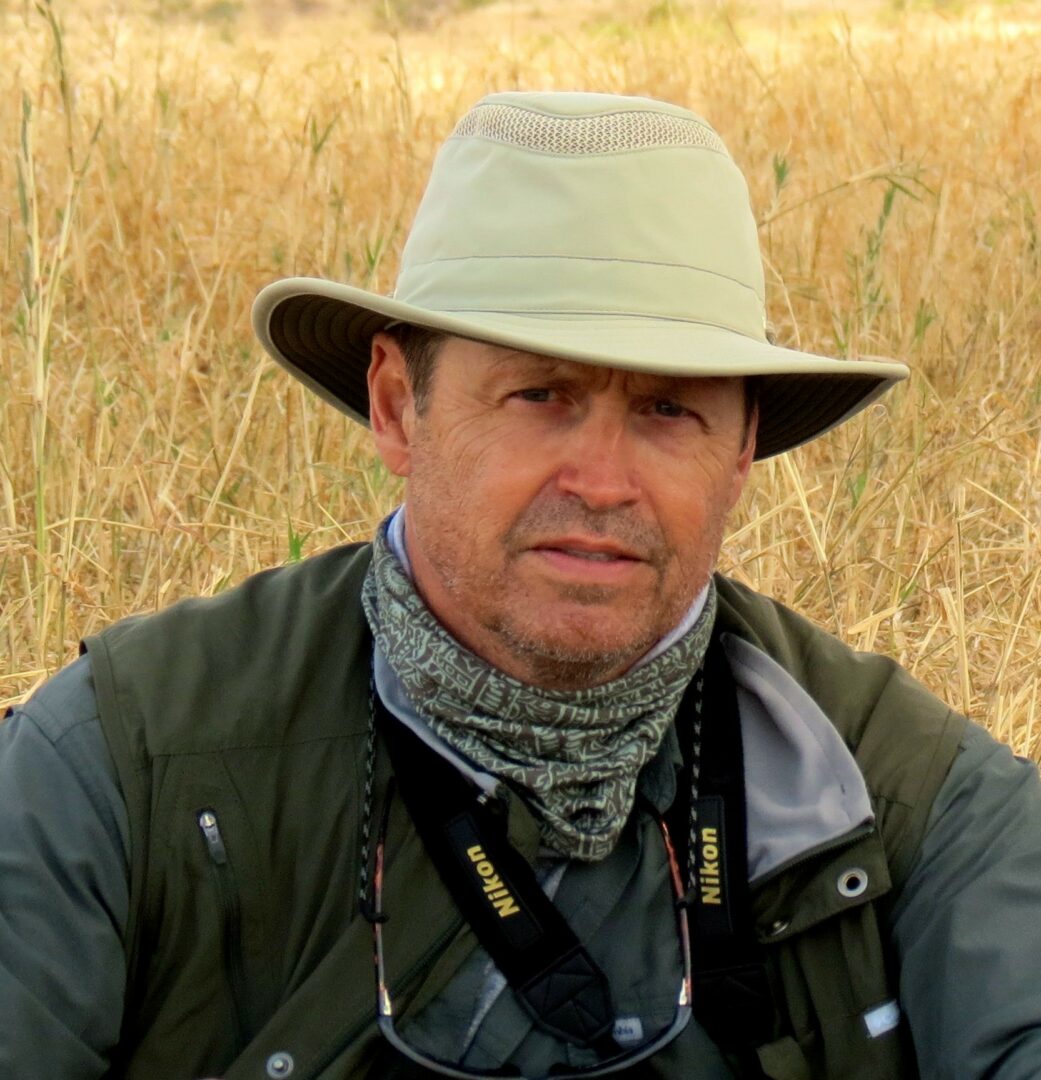
Any advice for folks feeling overwhelmed?
Because writing novels is solitary work by nature, it’s easy to become overwhelmed by feelings of isolation and self-doubt. In years past when plots ran into obstacles or characters stopped speaking to me or the pace ground to a halt, I’d just double down and try to write through it. That didn’t always help and so I had to search for another solution. It happened to be right outside my front door the whole time. All I had to do was push away from my desk and open it.
I’m lucky that I live alongside a coastal river in California. Nearby trails wind through forests and traverse up and down hills. The scenery is nonstop and there is plenty of wildlife to observe too. Being outdoors always works its magic to tame overwhelmingness, strengthen confidence, and inspire creativity. Living in a city or a suburb or a small town can do the same as long as you allow it to.
Another strategy I’m using more now is deeper engagement with the writing community. I’m a member of associations such as Mystery Writers of America and Sisters in Crime. Both offer online and in person conferences, meetups, and classes. The benefits of swapping tips, offers to help, and camaraderie work wonders to ease the pressure and also make me a better writer.
Contact Info:
- Website: https://dwightholing.com
- Instagram: @dwight_holing
- Facebook: https://www.facebook.com/dwight.holing/

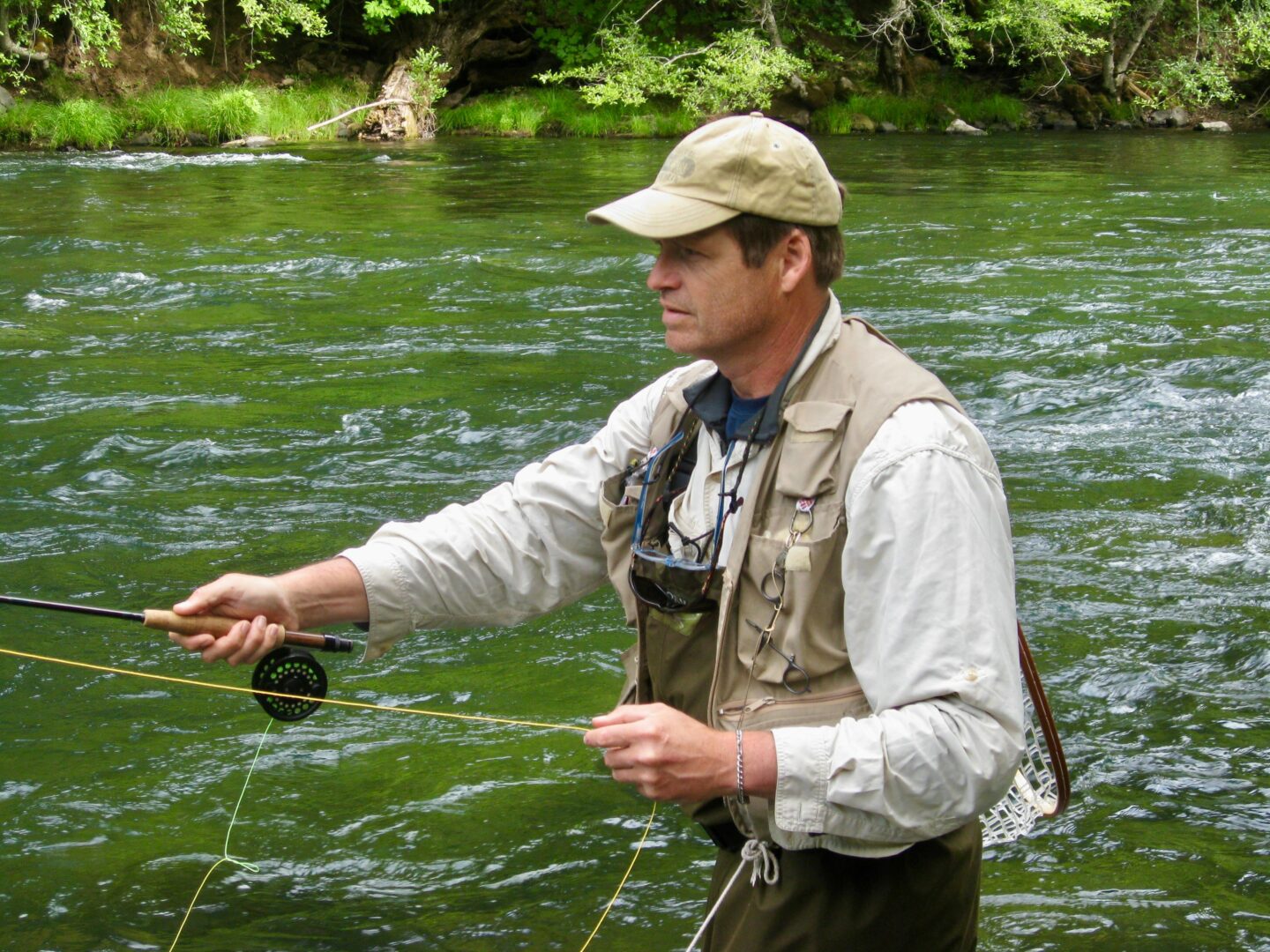
so if you or someone you know deserves recognition please let us know here.

